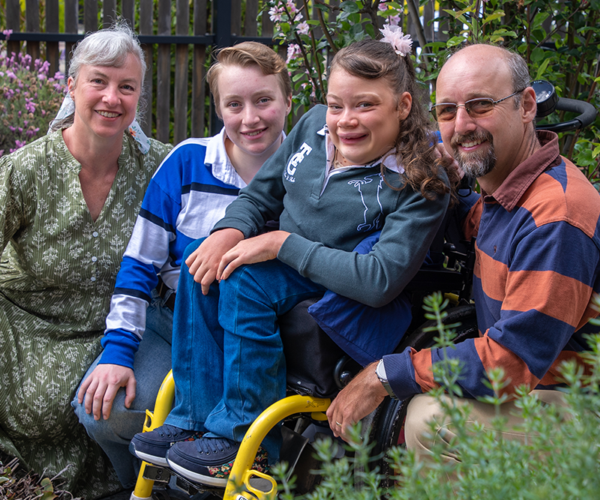You may have heard of the various health benefits of Omega 3s, the fatty acids commonly found in fish, such as better heart health and a lower risk of dementia and Alzheimer’s disease. But did you know that a particular Omega 3 given to preterm babies may actually make them smarter?
Docosahexaenoic acid, or DHA, is essential for brain development. Babies ordinarily receive DHA from their mother while in utero, but for babies born prematurely, this supply of DHA is cut off early.
Preterm babies receive some DHA through breastmilk and formula, but less than they would normally receive through the placenta – meaning that these babies may be lacking an important nutrient at a time of rapid brain development.
Researchers set out to determine if supplementing these tiny babies with DHA to the same amount they would have received in utero would lead to better developmental outcomes, such as a higher IQ and fewer behavioural problems.
Supported by a Women’s & Children’s Hospital Foundation research grant, along with funding from the National Health and Medical Research Council (NHMRC), Dr Jacqueline Gould of the South Australian Health and Medical Research Institute (SAHMRI) Women and Kids theme led the study.
The study involved infants born at less than 29 weeks gestational age at the Women’s and Children’s Hospital, and nine other Australian hospitals with neonatal units. Half of the babies were randomised to receive DHA supplementation and half received a placebo as part of a trial exploring the effect of DHA on lung health. Families were followed up when the babies turned five years of age to undergo IQ testing and have parents complete a survey of behavioural and emotional functioning and child health.

Dr Jacqueline Gould.
Dr Gould says, “More than half of infants born extremely preterm have some form of neurobehavioural disability, such as a behavioural problem or learning disorder.”
“The goal of our research was to test if supplementing these children with DHA after they’re born can make up for some of what they lacked due to preterm birth and boost brain development.”
They found that the babies who received DHA supplementation were behaviourally no different to those who did not at five years of age, although they did have a slightly higher IQ (a mean difference of 3.5 points). They also showed that the babies who received DHA did not have any difference in long-term respiratory or other health problems, providing some reassurance that supplementing babies may be safe.
Findings have been published in high ranking medical journals, the New England Journal of Medicine and JAMA Pediatrics.
Future research will aim to confirm the safety of DHA supplementation before it is recommended as a standard treatment for preterm babies.
Dr Gould says, “Thanks to the support of the WCH Foundation, we were able to assess the long-term effects of the DHA supplementation on the behaviour and health of the preterm children born in Australia.”
“Importantly, WCH Foundation funding allowed us to involve families that were not eligible for the IQ assessment, or who were unable to attend an IQ assessment due to COVID restrictions.”




